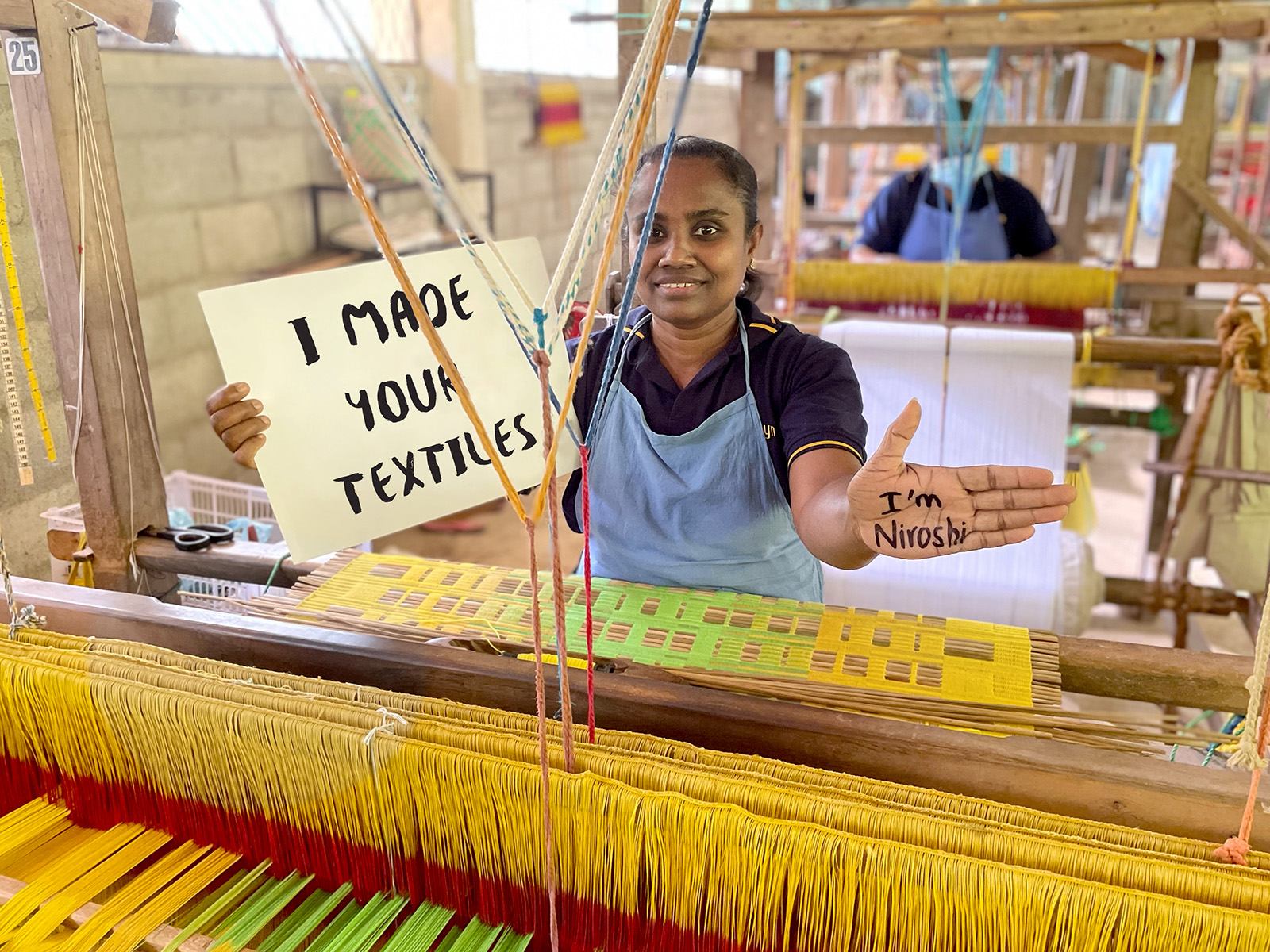
Woven Textiles
Create postive change.
Our vibrant collection of handloom cotton animals, dolls and educational toys are made by highly skilled weavers in rural Sri Lanka. Many of the toys are interactive and designed by experts in early childhood development.
Children and adults love these contemporary, colourful, high-quality products. All Fair Trade.
The products in this collection are made from 100% natural cotton yarn that is hand dyed with non-toxic, AZO free dyes (checkout the photos below). The stuffing is hypoallergenic polyester, a standard filling for soft toys.
Sri Lanka and the Loom
Our artisan group is located in Sri Lanka, an island country in South Asia (See Map). It lies in the Indian Ocean, southwest of the Bay of Bengal and southeast of the Arabian Sea. It's about 5800 kms from Perth, Western Australia where Fair Go is located. We share the same ocean.
Sri Lanka has a rich history of weaving, a timeless skill that has been passed down through generations of predominantly women. However, this industry has been under threat as master weavers retire and younger generations who choose not to follow in their footsteps. Our producer partner works with over 1000 weavers, supporting them to grow the market for their skills, both in Sri Lanka and for international export, keeping this time-honoured industry alive.
The loom is key.
First the cotton for the loom must be prepared by the "dye house", to dye the cotton to any colours of a rainbow. Expert dye artisans undertake this work. It is then that the "handloom workshop" weaves a myriad of fabrics to suit the item to be made. Next, these fabrics are then sewn and stitched to become home textiles, garments and toys.
Fair Trade
Our woven toys are Fair Trade Guaranteed. This means a rigorous auditing process has been undertaken by the World Fair Trade Organisation to ensure that the 10 Principles of Fair Trade are adhered to. Principles include supporting rural artisans, gender empowerment, no child labour and ensuring the rights of workers. We like that - because we want to know how are goods are made and who makes them.
Though it is challenging socially and politically in Sri Lanka, through Fair Trade practices it guides our supply chain to uplift the living standards of rural women and men. Through your and Fair Go's efforts, we contribute to the wonderful work of Fair Trade.
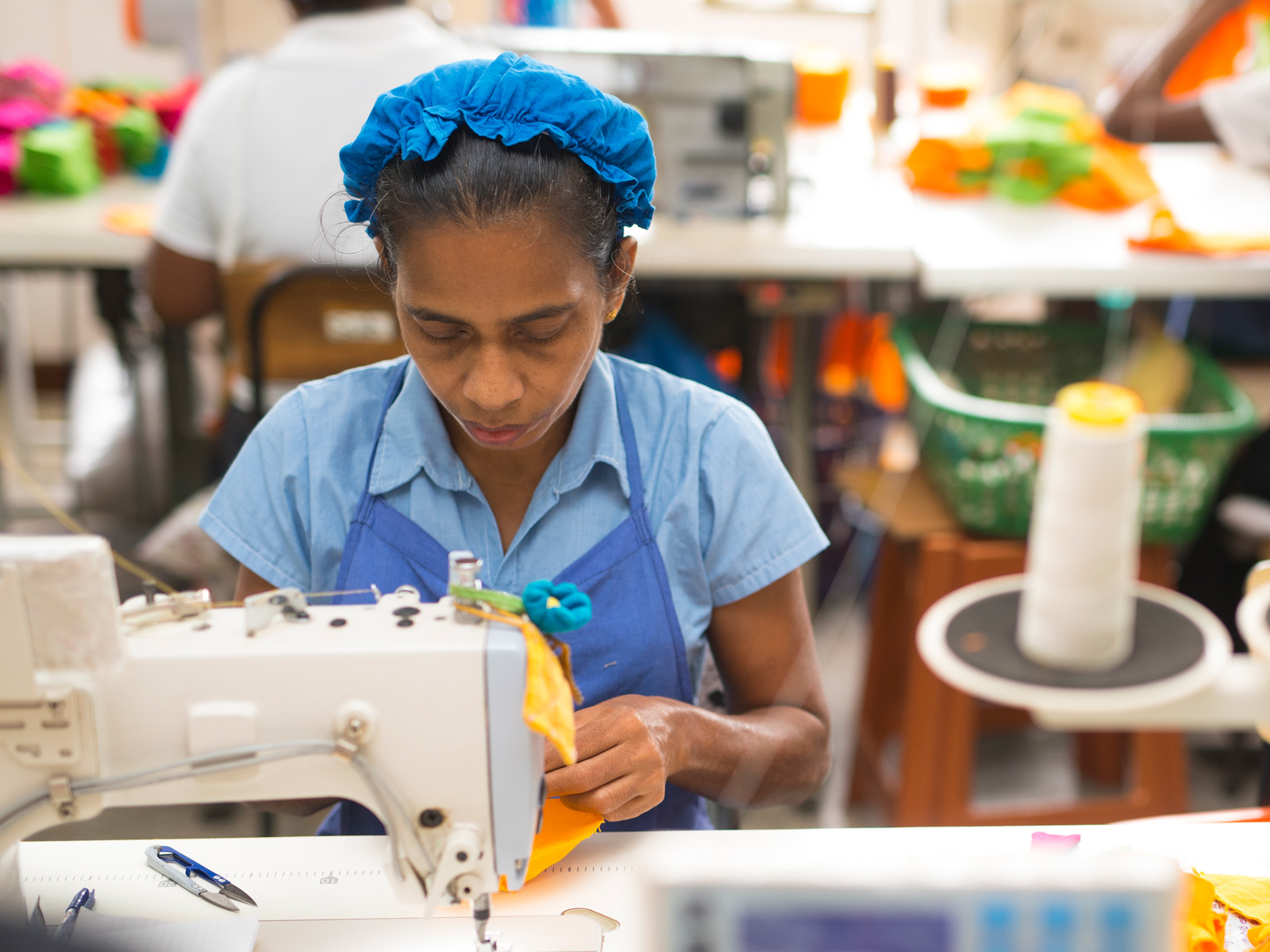
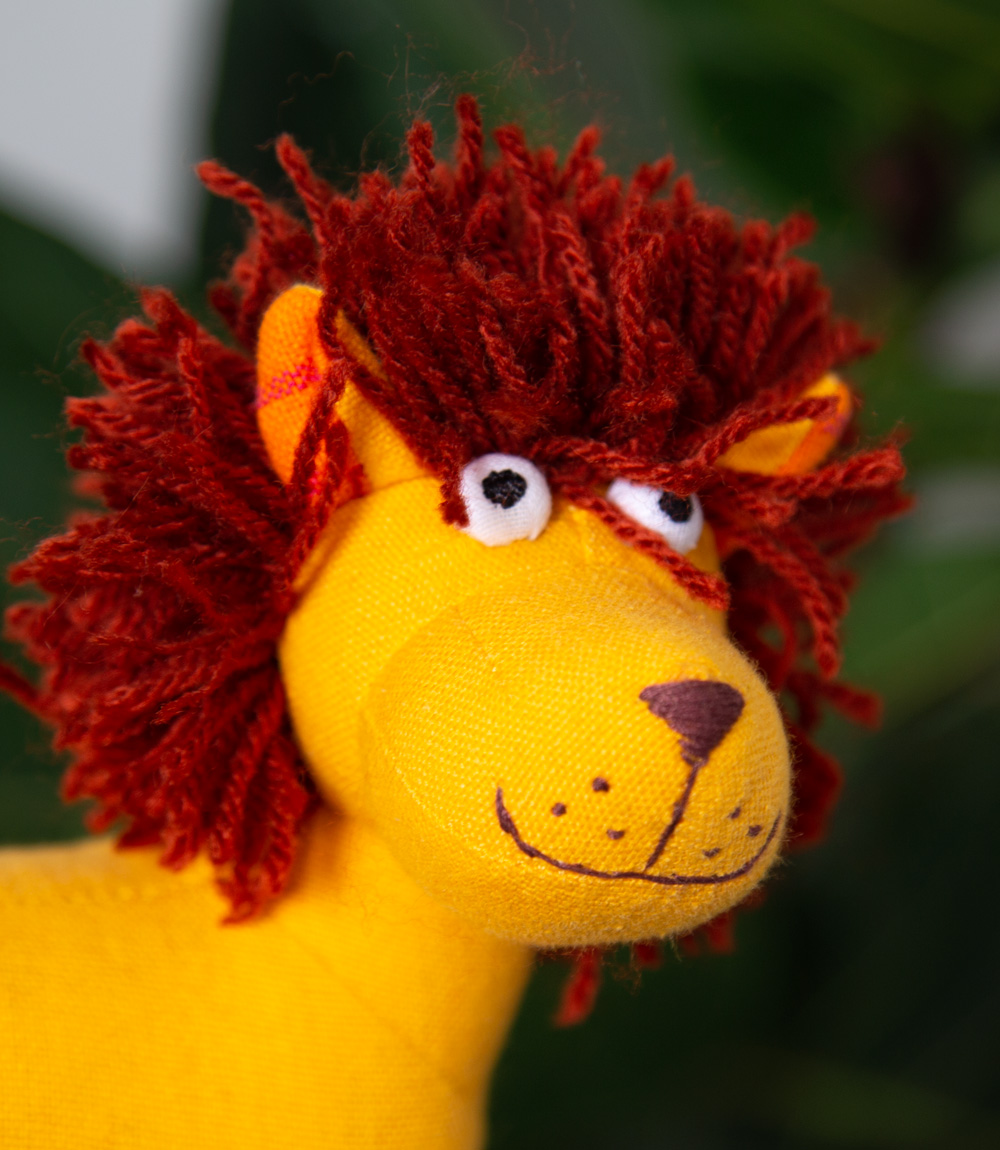
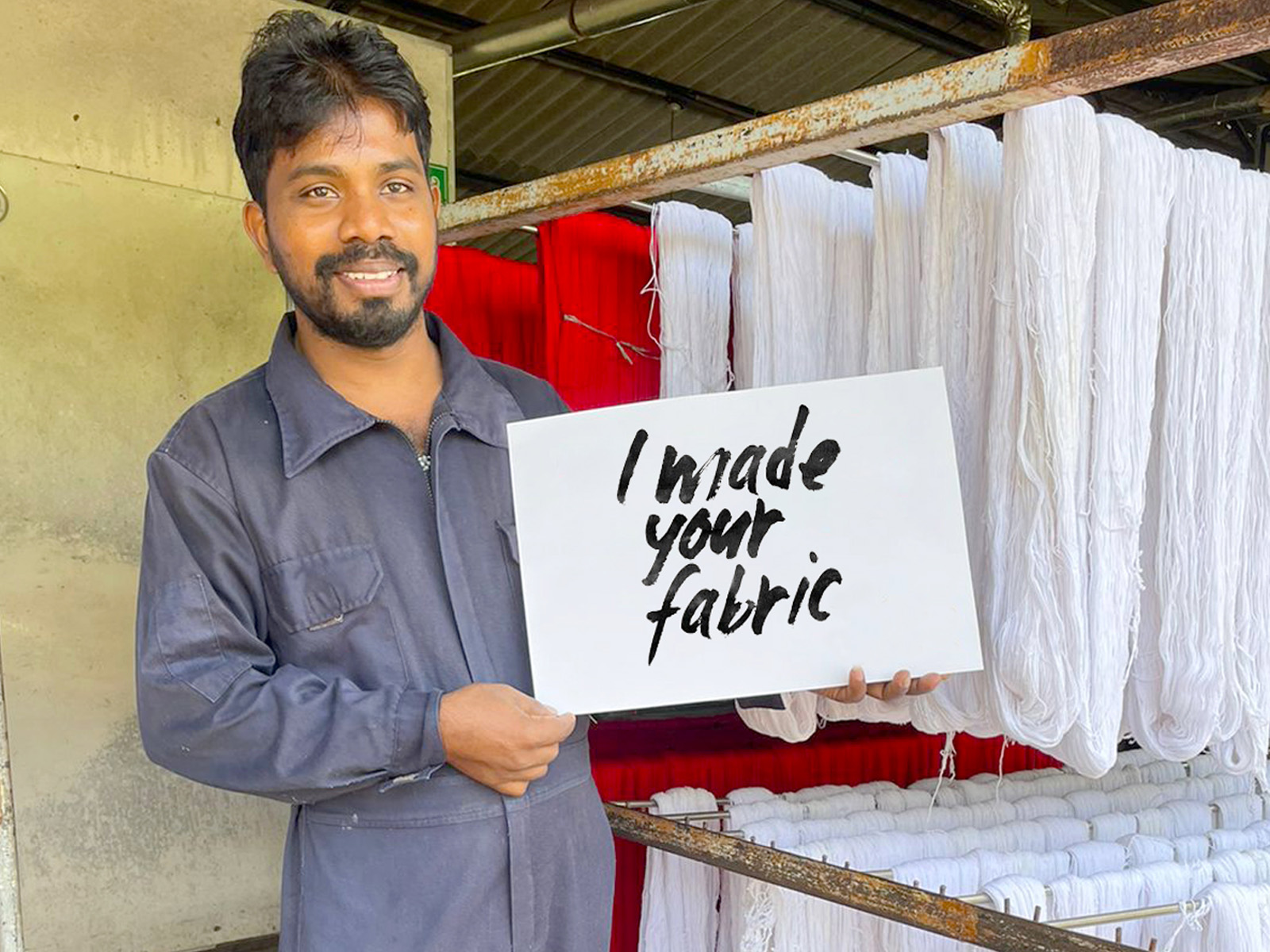
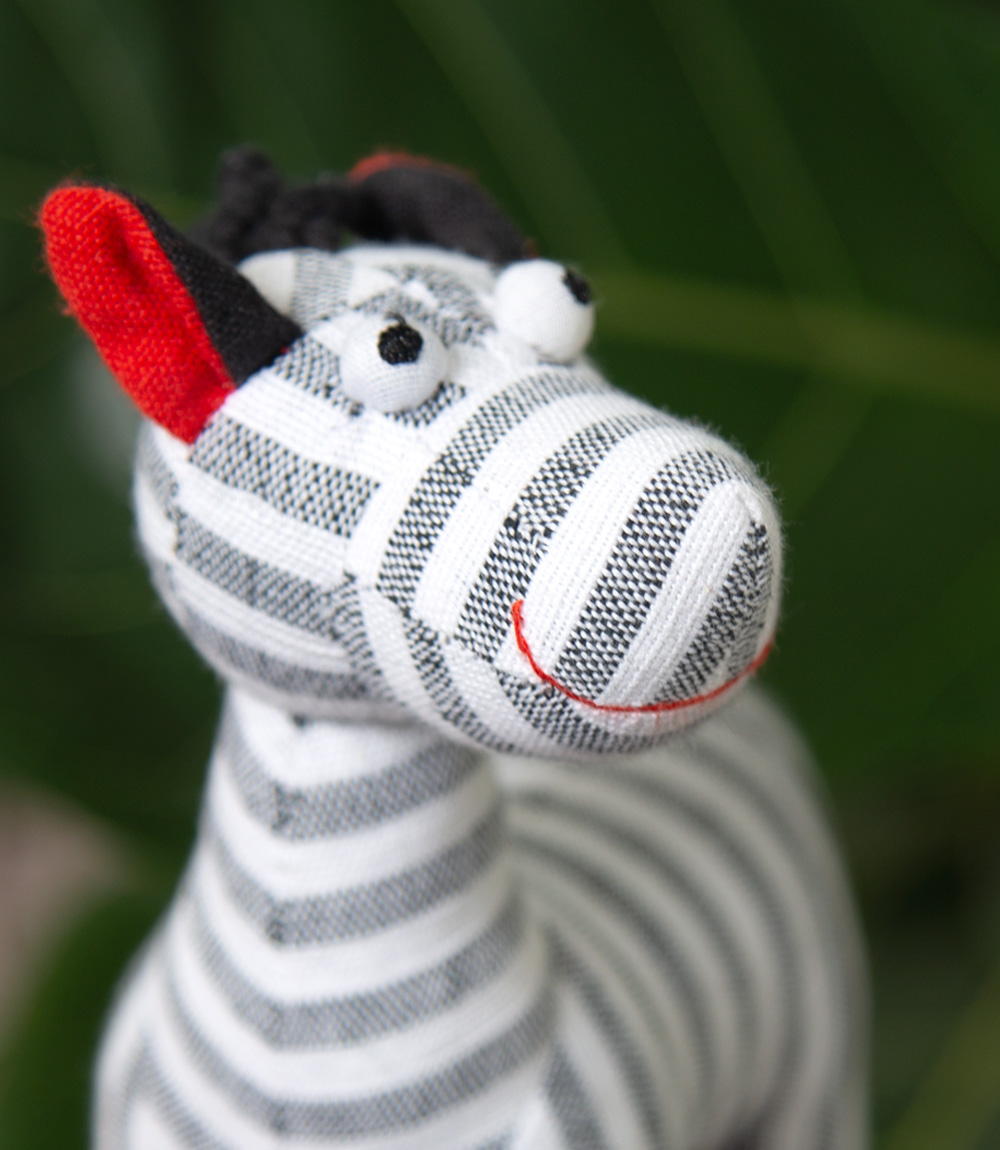
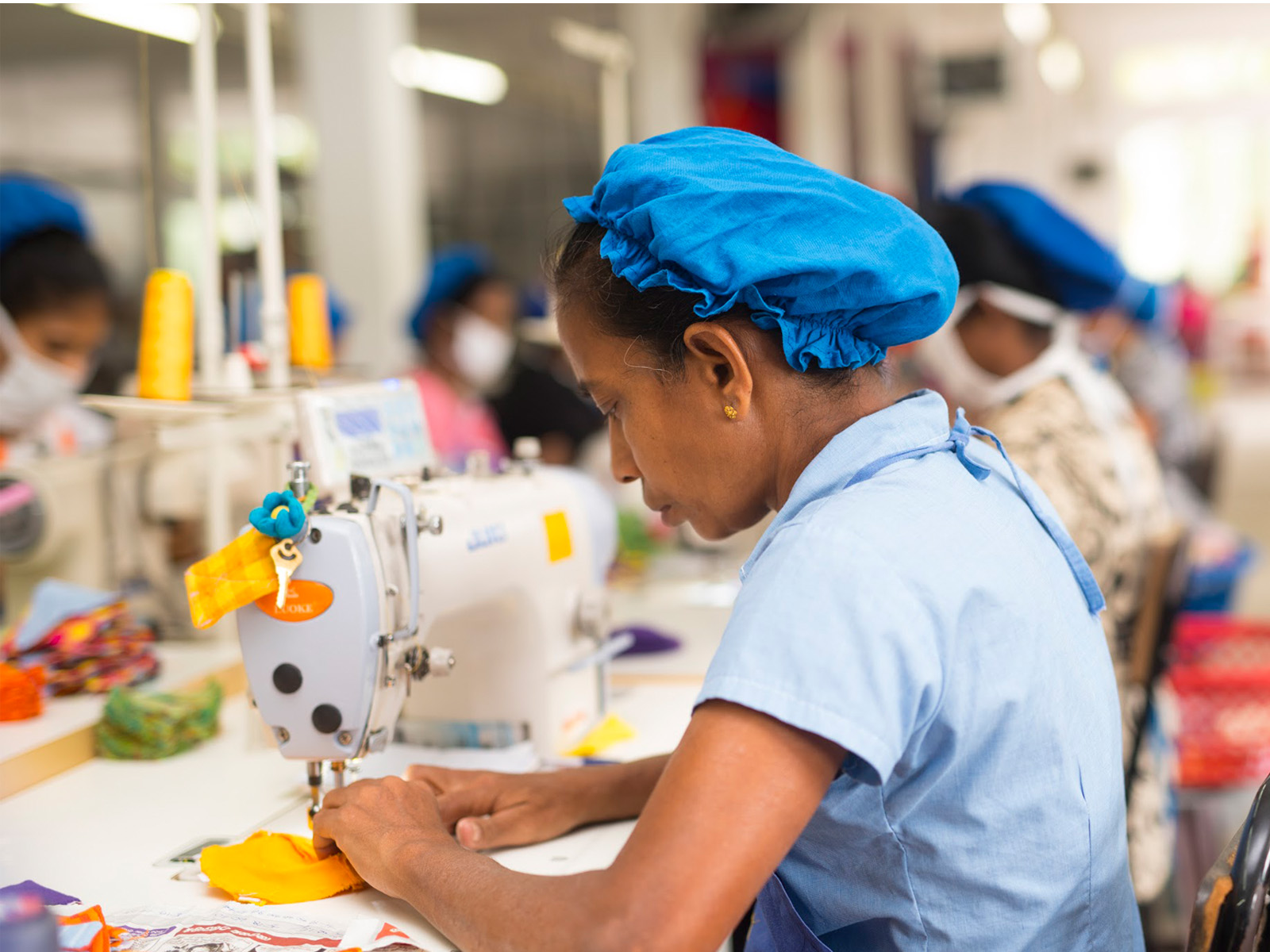
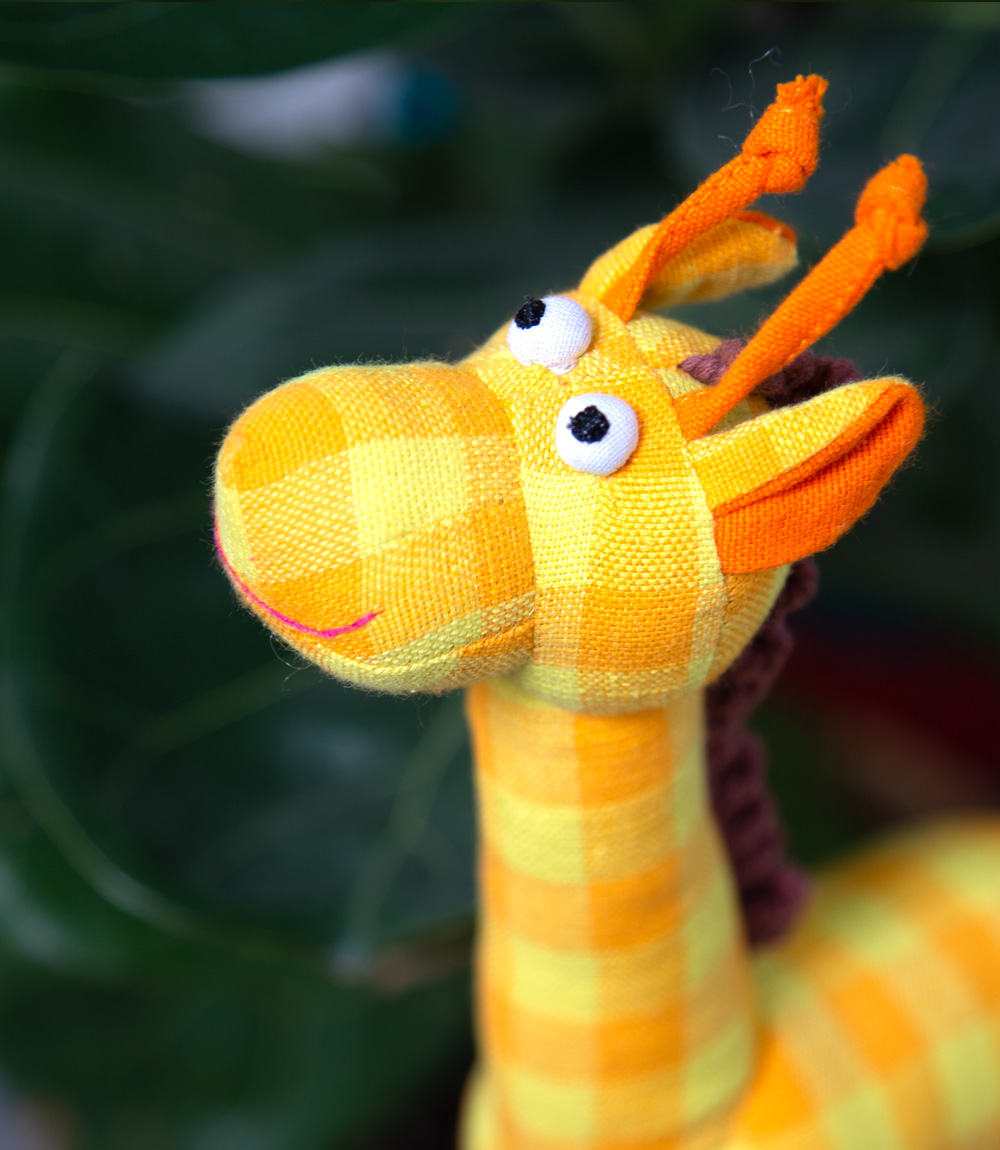
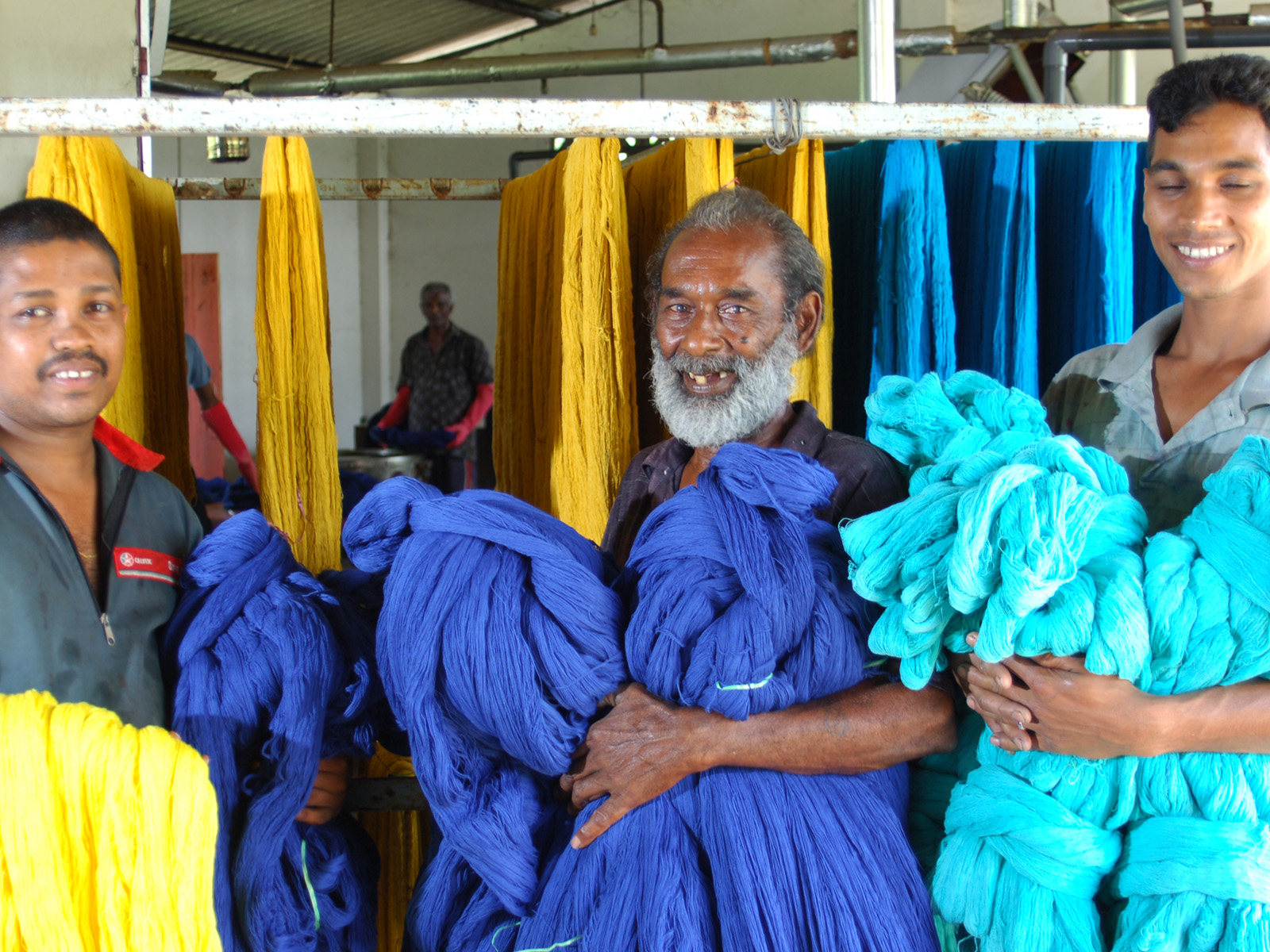
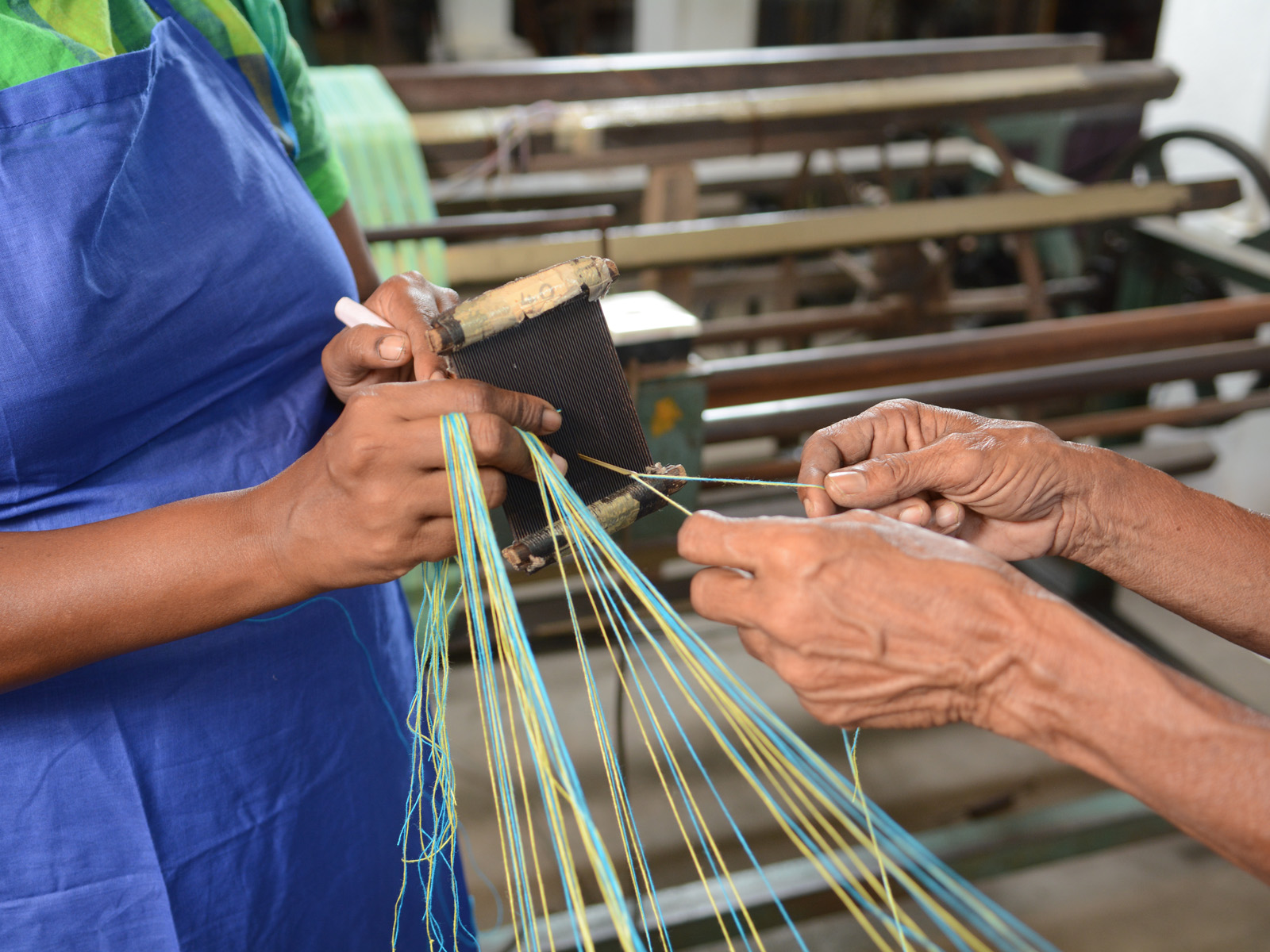
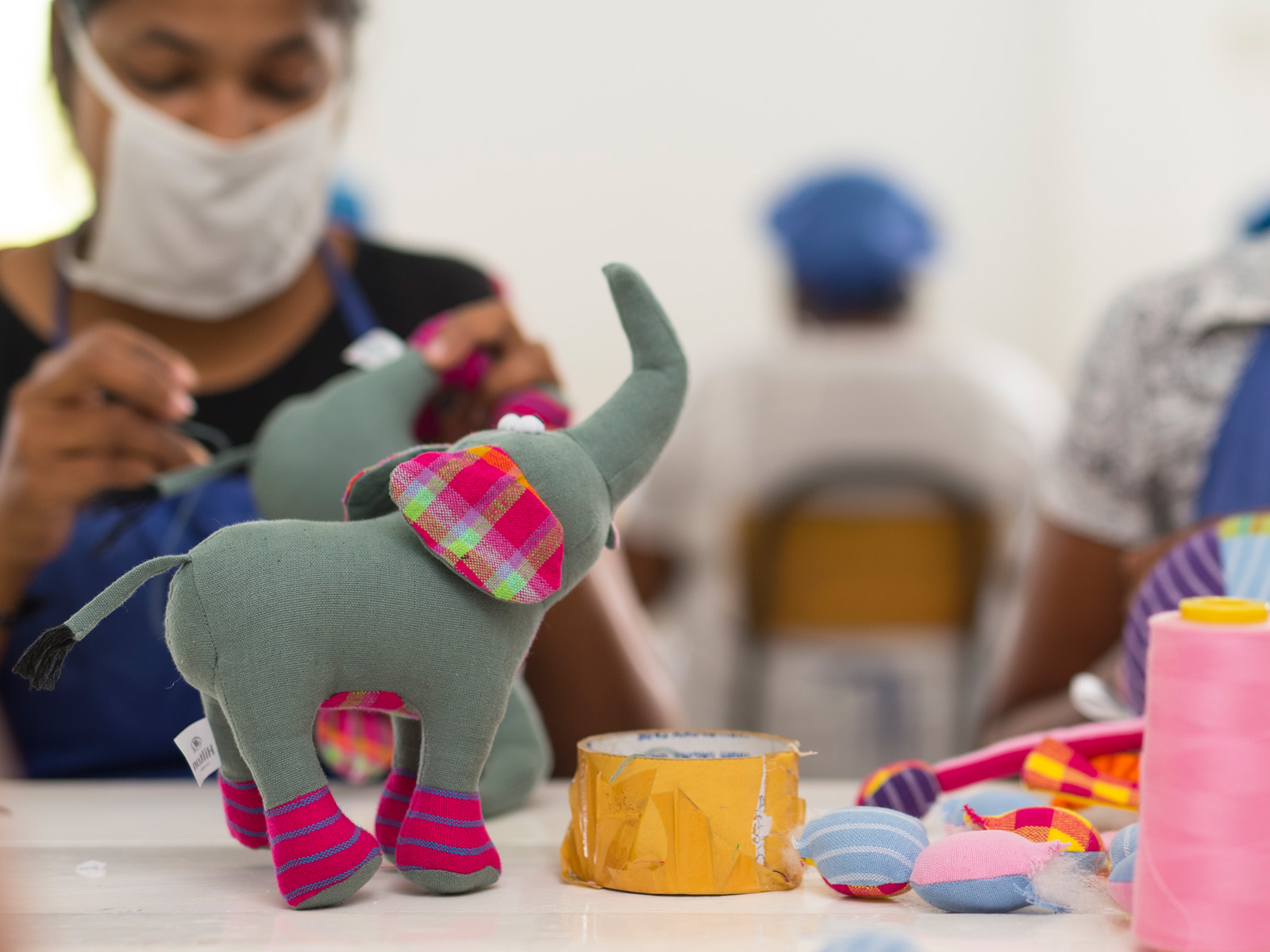
Colombo and Trading
The trading history of Colombo's port dates back to ancient times, with the city's harbour serving as a crucial link in the Silk Road trading network. Arab traders sailed to Colombo as early as the 8th century to exchange spices like cinnamon, cloves and cardamom which were highly prized in Europe.
During the colonial era, the Portuguese, Dutch and British all vied for control of the lucrative spice trade, establishing trading posts and fortifications in Colombo. The city's harbour also played a crucial role in the export of Sri Lankan tea, which became a major cash crop in the late 19th century.
History abounds!
Today, the Port of Colombo remains an important centre of trade, handling a wide range of goods, including textiles, like our soft toys. The port's strategic location and modern facilities make it a vital hub for international commerce in the region.
Interesting Fact: Sri Lanka is officially called the Democratic Socialist Republic of Sri Lanka.
Interesting Fact: Sri Lanka's history goes back 3,000 years, with evidence of prehistoric human settlements that dates back at least 125,000 years.
Images used with permission.
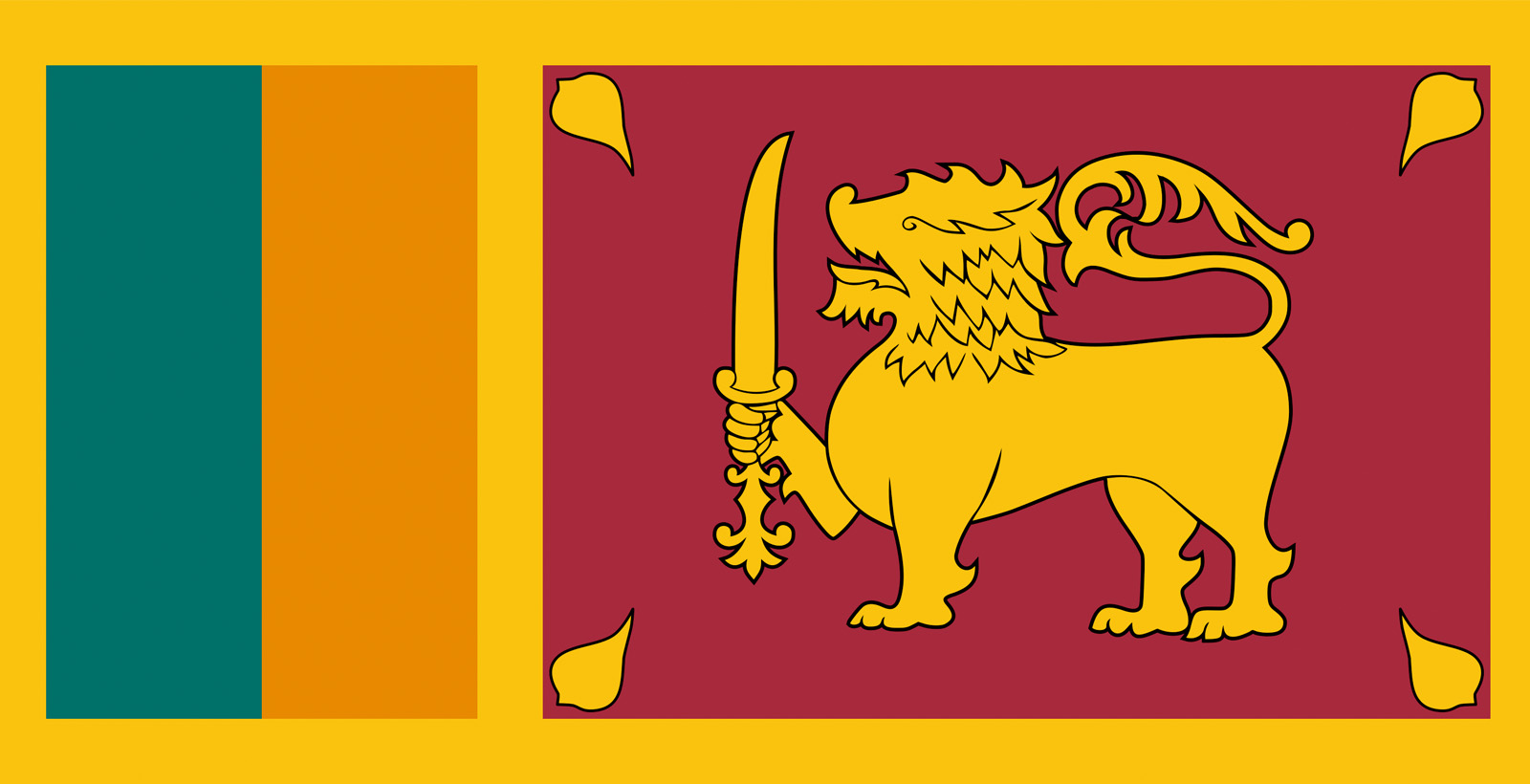
The flag of Sri Lanka, also called the Sinha Flag or Lion Flag. It consists of a golden lion holding a kastane sword in its right fore-paw, in a maroon background with four gold "bo" leaves, from the bo tree, one in each corner.
